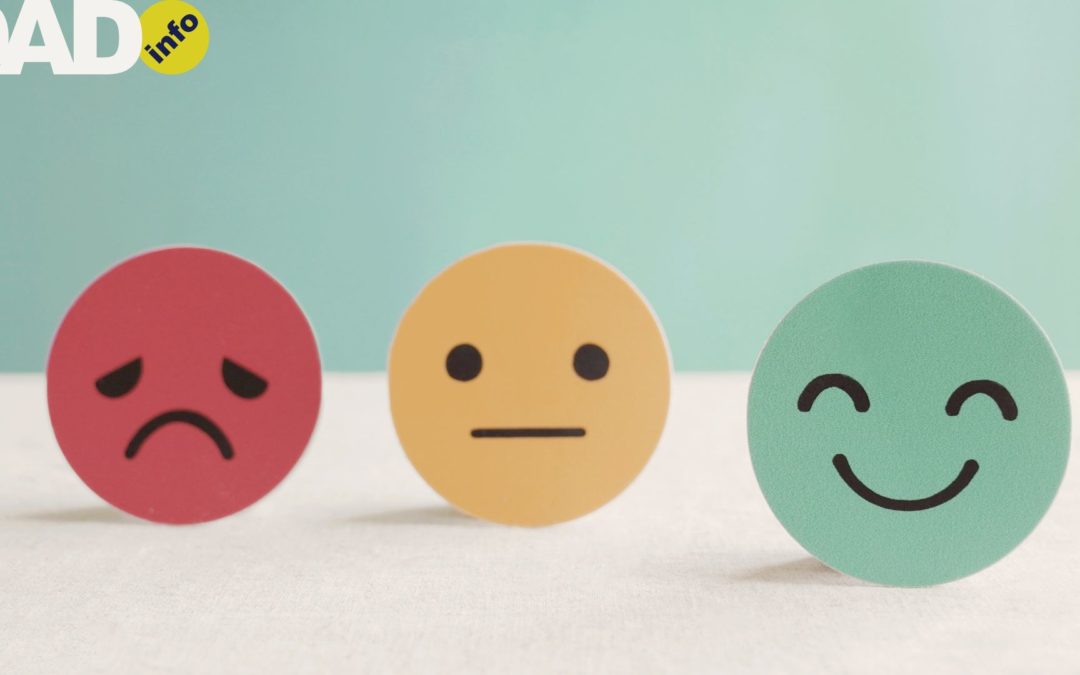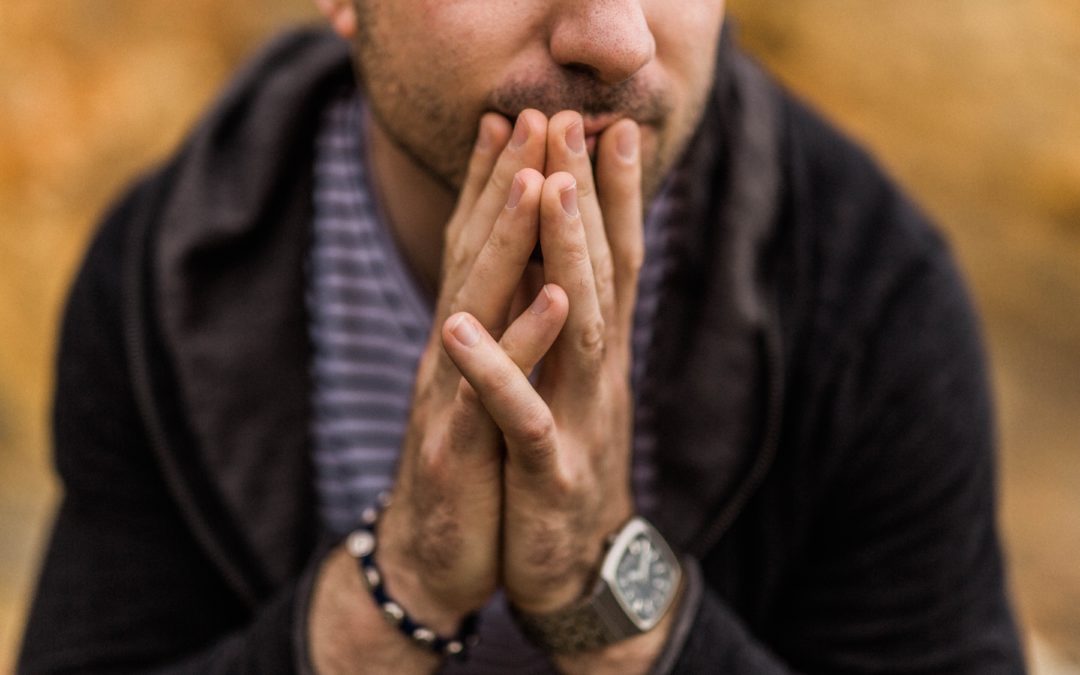Psychotherapist Noel McDermott answers a tough question… How does miscarriage affect a man? Here Noel look at how loss is a natural process that needs support.

Men won’t get any specific set of feelings and experiences after a miscarriage. Everyone’s experience will be unique. However… the focus after a baby is lost is often more on the woman. Our male experience can be seen as secondary. Guys are likely to see themselves as having to be strong in these situations. They might see showing vulnerability and distress as failing in their role as supporter. So how does miscarriage negatively affect a man?
Toxic masculinity – signs of psychological distress
We can say with certainty that men who don’t identify difficult feelings and find support for them, will usually turn to destructive ways of coping. Much of what is termed ‘toxic masculinity’ is an expression of psychological distress. In this case, the lack of identifying and dealing healthily with difficult feelings, can result in negative behaviours. For example:
- excessive drinking
- aggression,
- isolation,
- loss of sleep,
- changes in appetite,
- seeking sexual relationships outside the partnership as ways to cope.
How to deal with feelings in a positive way
There is a need to provide basic information to men going through miscarriage. There are positive and negative ways of dealing with feelings brought up during times of loss and distress. You can choose how you feel, (in therapy this is called a psycho-educational resource).
Much distress and the development of flawed coping strategies can be avoided by this simple approach:
- Gain knowledge about what you can expect
- and learn as much as you can about what is normal in times of psychological challenge.
Psychoeducation is in fact one of the cornerstones of modern therapy and is highly effective both in treating distress but also in preventing it.
What can’t happen is to ‘not’ have feelings. Men may want to put to one side uncomfortable feelings so as to be better at helping and supporting or just to avoid pain. Emotions cannot exist selectively, it’s not possible to choose which ones to have, we either have them or we don’t. Not having emotions involves highly dysfunctional behaviours such as for example, excessive drug and alcohol consumption.
Normalising feelings and emotions
What is normal and indeed healthy in this situation will in fact be a broad range of things. Normalising is another tool that is very helpful. Knowing what we are experiencing is normal leads to us developing greater distress tolerance. Which reduces the likelihood of us acting out. We cope better being able to tell ourselves that this is just part of the experience. If a man is suffering from grief, he doesn’t necessarily cry, the range of things that might occur are:
- Loss and loneliness
- Anger and sadness
- Numbing out through grief
- Loss of libido or the opposite hyper-sexual responses
- Feeling of guilt or the opposite displacement into blame
- Problems with sleep, mood, emotional regulation, appetite, motivation, having a general sense of dread, not seeing a hopeful future
- Struggles in the relationship as you seem to separate from each other in the hurt and loss
Male bonding: Men’s emotional health
The best therapy in life is the company and support of other humans that we care about and who care about us. The herd is where we feel safe. Being with friends boosts our health and wellbeing. Having company when we are troubled reduces our stress responses.
For men, the best approach, is often not dealing with the problem head on. Rather, get to it in a roundabout way by having a good time with mates. Often guys will open up. What most men don’t like is arranging to meet a mate specifically to discuss difficult feelings. That can seem alien and indeed could be counterproductive. Activity based support often works better for men. Organise to go to the football, walk the dog, play computer games. The distraction of the activity reduces the tension of dealing with challenging feelings. This is particularly important after miscarriage, as there may be significant feelings of failure and shame.
How to support your partner after a miscarriage
Being able to be honest about how miscarriage is affecting you, is helpful to your partner. You don’t have to bottle it up. Our culture doesn’t teach this to men. However, revealing that you are struggling will help your partner. It can in fact (potentially) reduce their sense of failure and isolation. In this way the possibility of the relationship breaking up, which is big and normal fear for guys, is reduced. The way culture has programmed male psychology is to emphasise being useful. We are taught to provide and do stuff. The more intangible support of just being there rather doing can feel awkward for us. It’s an important skill though! Loss is a natural process that needs little actual intervention. The best approach is a support approach, just be there as you pass through.
About Noel

For more from Noel on Dad.info
Noel McDermott is a Psychotherapist with over 25 years’ experience in health, social care, and education. He has created unique, mental health services in the independent sector. Noel’s company offer at-home mental health care and will source, identify and co-ordinate personalised care teams for the individual. They have recently launched a range of online therapy resources to help clients access help without leaving home – www.noelcdermott.net









